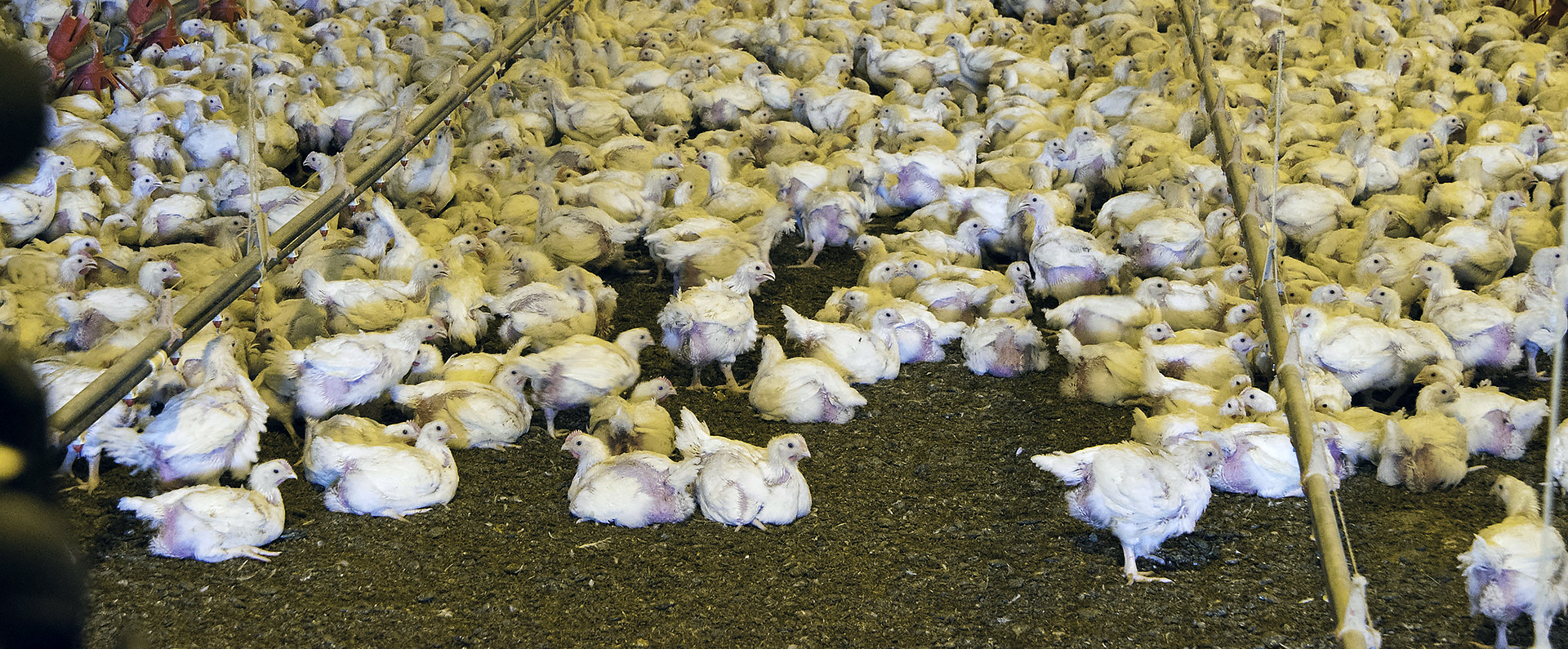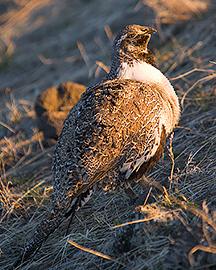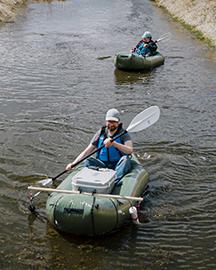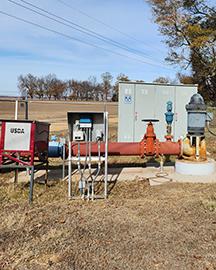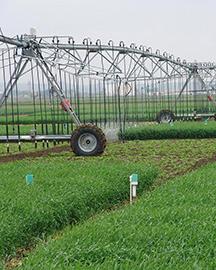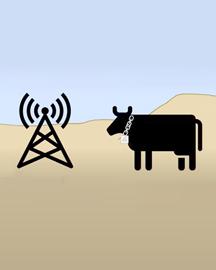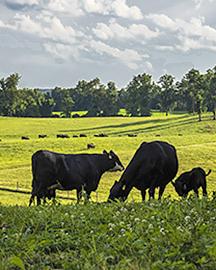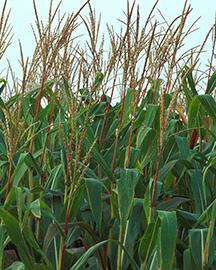Reducing Ammonia Emissions and Phosphorus Runoff on Farms
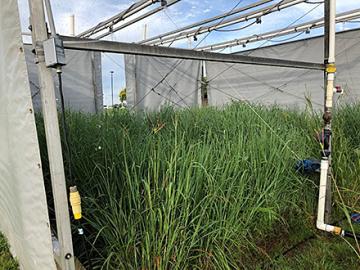
Aluminum sulfate – also called alum – is a natural food additive often used in pickling and canning and for some medical and textile uses. Alum is also used as an amendment to chicken manure (called litter) as it can reduce ammonia emissions and phosphorus runoff. Farmers and growers have been curious if poultry litter treated with alum could improve environmental conditions without affecting agronomic aspects of soil nutrients, forage yield, and metal availability.
ARS researchers in Fayetteville, AR, finalized a 20-year research trial that found ammonium nitrate had 34% lower yield compared with poultry litter treated with alum due to soil acidification and that nutrient deficiencies did not occur with alum-treated litter. Researchers concluded that alum was a best management practice for improving air and water quality without causing pasture crop nutrient deficiencies.
Related Information
Publication: Twenty-year Phosphorus Trends In Forage Systems Receiving Aluminum Sulfate-Treated Poultry Litter



